The Web3 and AI Newsletter 20

Hello, everyone, and warm welcome to all newly joined subscribers!
This is the Web3 + AI newsletter, where we explore the intersection of blockchain and artificial intelligence. As promised, this week I send out my first Web3 and AI Funding Bulletin, summarizing the latest money rounds in the space. However, I have plenty more news to share with you today!
Thank you for being here! Let's dive in!
What's New in the Web3 + AI Startup World?
aelf Blockchain Pivots to AI
The Layer-1 modular blockchain aelf has announced a pivot towards AI and support for decentralized AI through a partnership with AgentLayer, a Layer-2 AI Agent network.
As we envision AI to be the next catalyst for the future of blockchain, we are excited to announce that aelf will be undergoing an AI transformation, pivoting its focus to integrating AI technology into its blockchain.
Together, aelf and AgentLayer aim to jointly transform AEVOLVE Labs into a cutting-edge decentralized AI hub for open research, project incubation and acceleration to drive the sustained growth of the decentralized AI ecosystem.
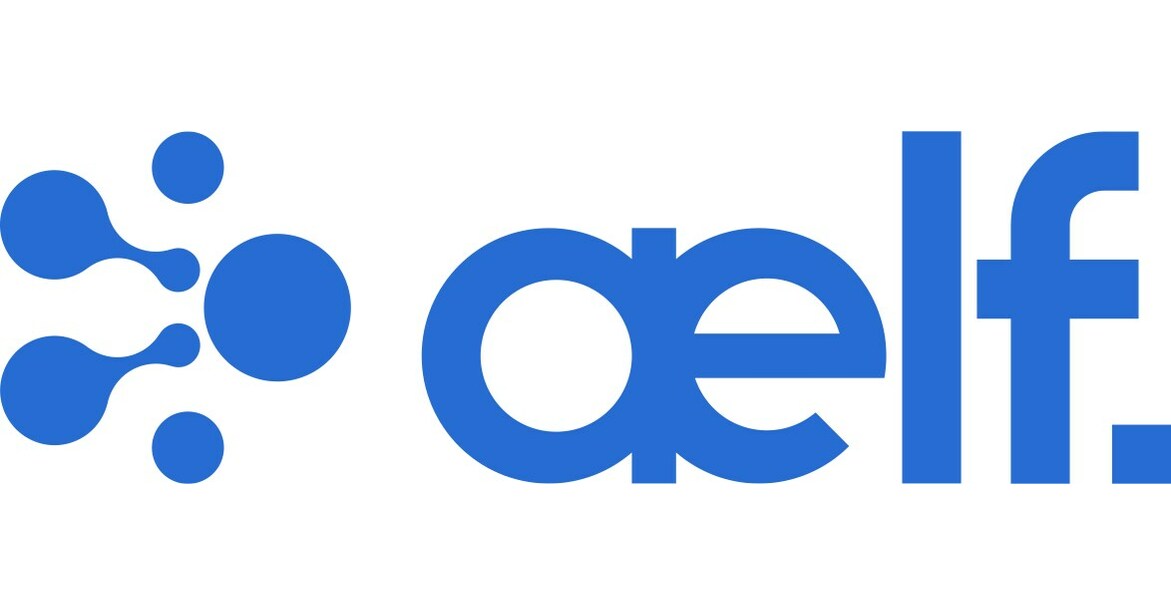
Moreover, aelf's investment arm aelf Ventures intends to dedicate $50M to support AI initiatives and further the convergence of blockchain and AI.
Worldcoin Reveals World Chain
Worldcoin, OpenAI's Sam Altman's proof-of-personhood protocol, has introduced World Chain, a new Layer-2 blockchain based on Ethereum.
The network will be deeply integrated with the Worldcoin protocol to accelerate growth and leverage World ID’s Proof of Personhood. It will also be secured by Ethereum as an L2 and engineered for scalability with the Superchain ecosystem.
The network intended to launch in the summer will prioritize verified humans, i.e., users who have voluntarily sold their biometric data to Worldcoin, to bots when giving out its blockspace. The main value proposition to developers is that through building on World Chain, they'll have direct access to these more than 10M of World ID holders.
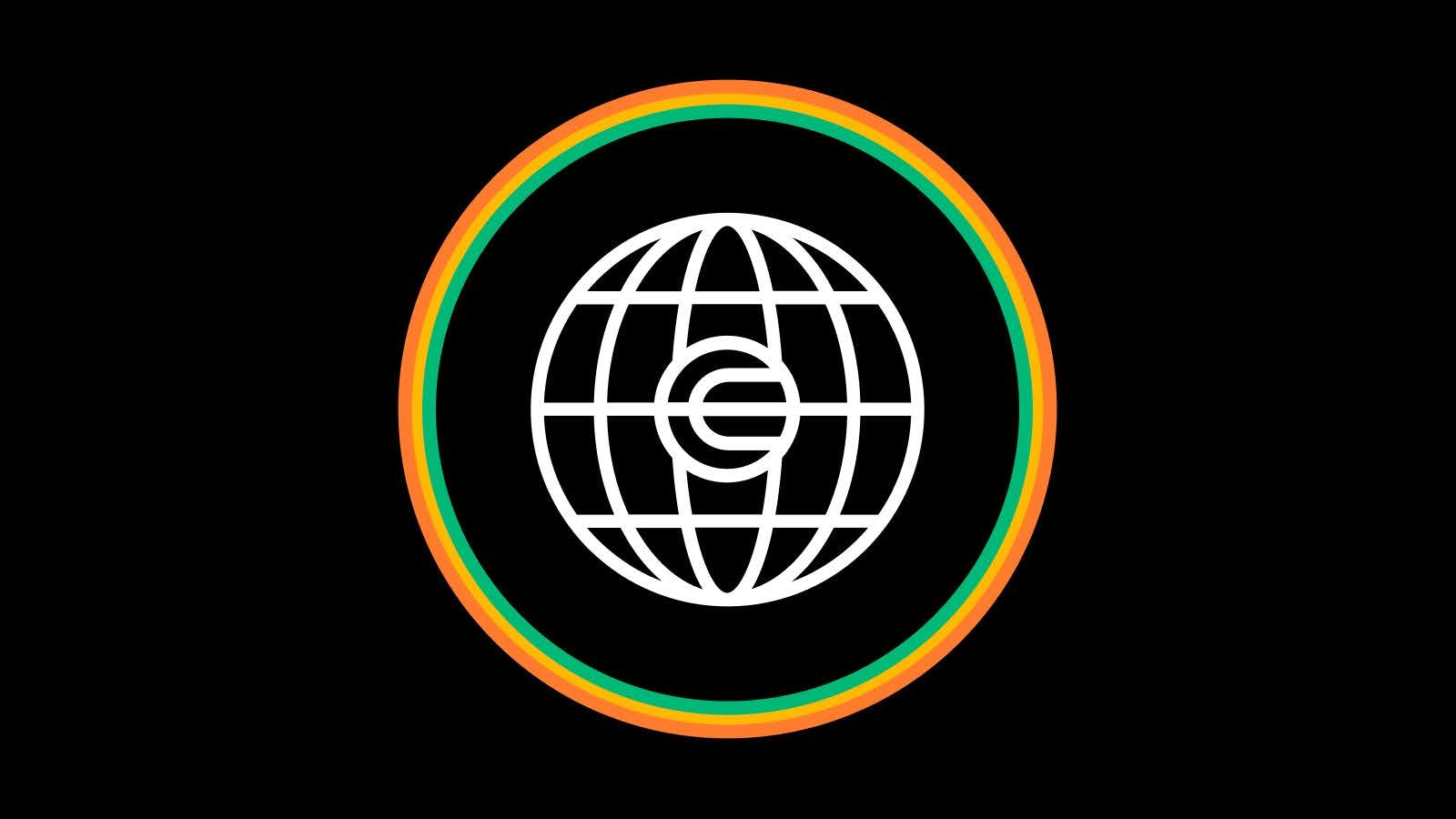
PADO Unites with AO to Supercharge zkFHE
The crypto FHE (Fully Homomorphic Encryption) revolution seems to be upon us, as more and more fascinating projects integrating the FHE cryptographic scheme appear weekly. However, this case is even more interesting since it combines FHE with another privacy mechanism, namely ZKP (Zero-Knowledge Proof) to bring about verifiable confidential computation.
zkFHE is designed on top of the FHE algorithm, which synchronously performs ZK proof on the homomorphic computation process. The simultaneous integrity constraints ensure the reliability of homomorphic operations and the correctness of the encrypted result while preserving data privacy during the whole process.
Moreover, PADO Labs is now bringing zkFHE to AO, the Arweave's hyper-parallel computer I told you about a couple of months ago. That way, PADO will be able to use AO's nearly limitless computing capabilities while also deliver trustless and confidential computing functionalities to the AO ecosystem.
When integrated with AO and Arweave networks, PADO swiftly launches the zkFHE network in practice. Its computing, scheduling, and storage functionalities operate independently, allowing for an indefinite expansion of computing power. Furthermore, the AO ecosystem can leverage PADO’s zkFHE technology to access verifiable confidential computation and comprehensive privacy protection capabilities.
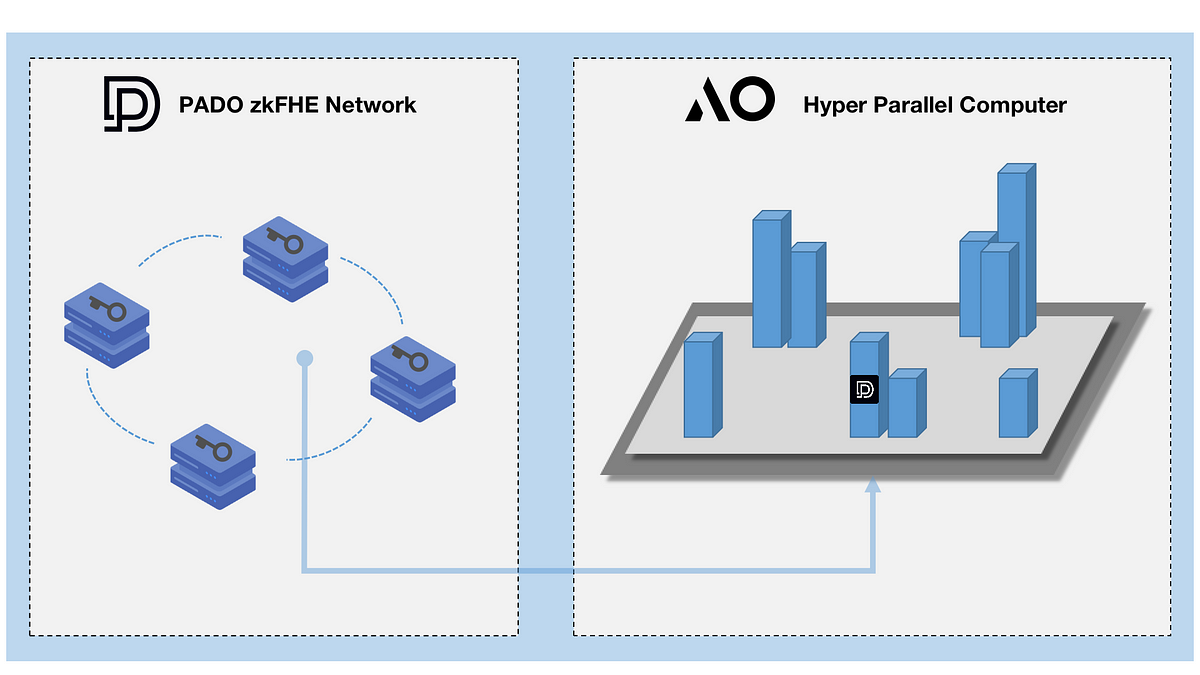
Gnosis AI with Nevermined
The latest edition of the monthly Gnosis community call on AI topics featured Nevermined, a decentralized AI payment protocol. Nevermined is building an infrastructure for AI commerce, aimed at enabling AI-to-AI interactions and providing AI agents with a native payment solution.
The Nevermined team is already working with AI Agent builders like Olas, Polywrap, and FLock to equip their agents with a viable and secure payment method. During this call, they demoed an authentication mechanism (employing the account abstraction paradigm) for smart subscriptions, a credit system including price and time period for access, and number of unique requests a user can make to a specific AI agent.

Noteworthy Podcasts, Articles, Events
Presenting the Web3 and AI Funding Bulletin
Motivated by venture capital firms' growing interest in the Crypto x AI space, I decided to spin off all investment news into a separate weekly publication. I am happy to present the Web3 and AI Funding Bulletin, whose first edition came out on Tuesday and covered all capital round announcements of the month of April.

Emerging Privacy Enhancing Technologies
Since I mentioned the impending FHE revolution, here's an interesting talk on the matter from ETHGlobal. Miguel de Vega of Nillion, Ravital Solomon of Sunscreen, Remi Gai of Inco Network, and Pascal Paillier of Zama came together to discuss confidential computation, FHE's efficiency and performance variation when handled by experienced and trained FHE engineers. Listen to it below to learn why the next frontier, beyond the algorithmic side, lies in hardware enhancements.
Disclaimer: None of this should or could be considered financial advice. You should not take my words for granted, rather, do your own research (DYOR) and share your thoughts to create a fruitful discussion.




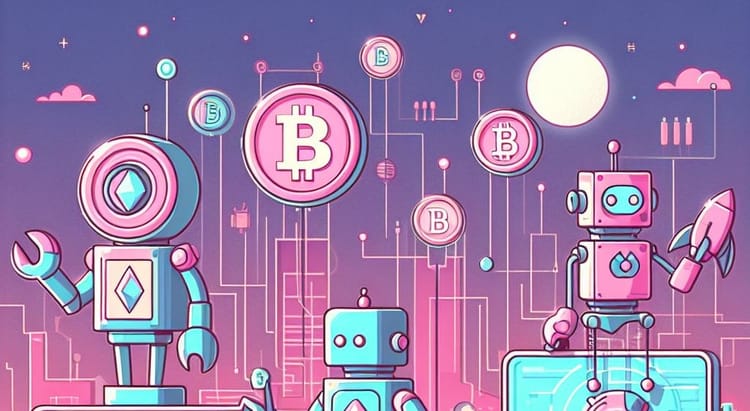
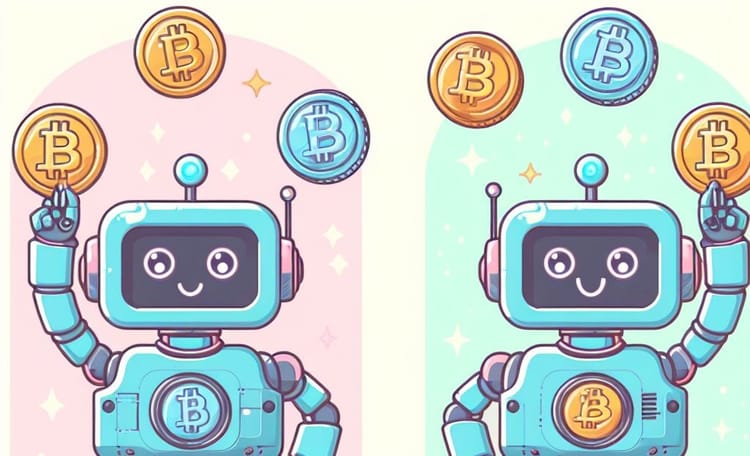
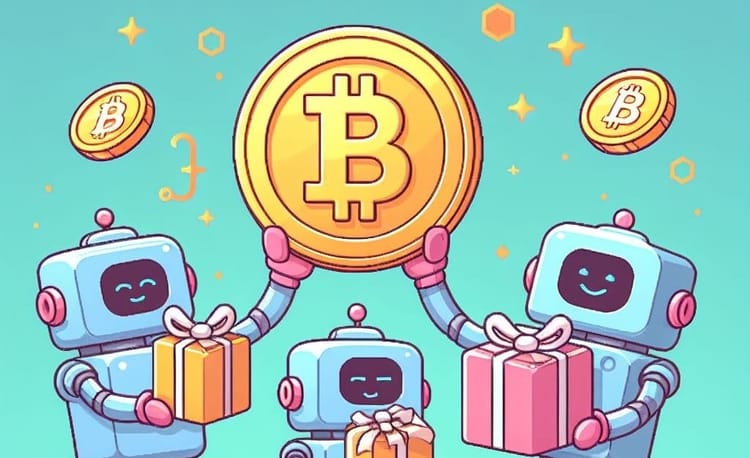
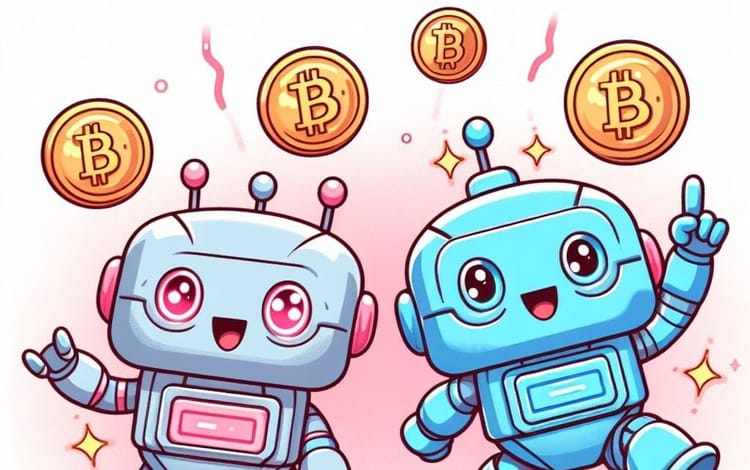

Member discussion